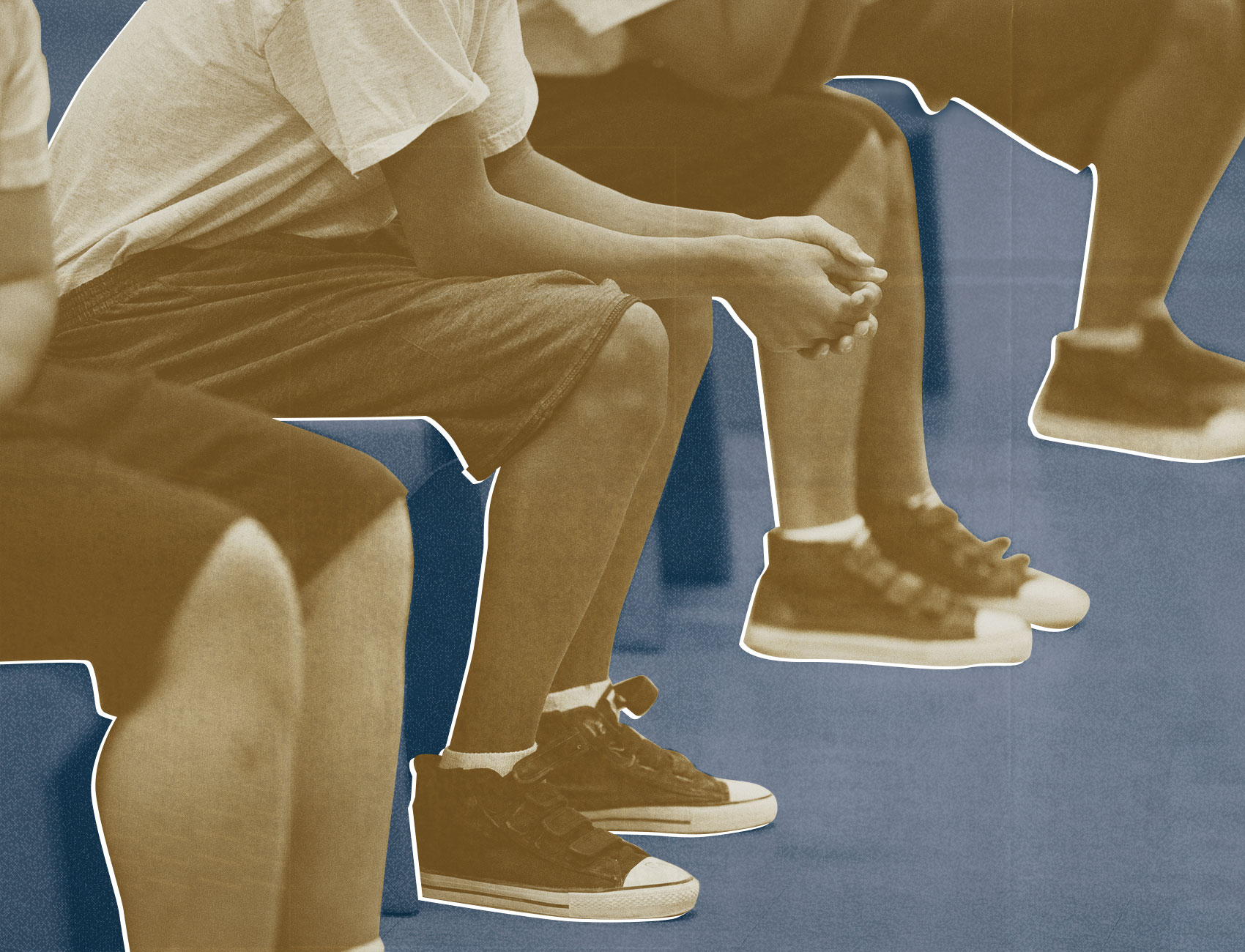Reform Advocates Want To Oust Illinois Judge Who Fought To Detain Young Children
A coalition of organizations is hoping Michael Toomin, who is also unwilling to implement diversion programs, loses his retention election.

Judge Michael Toomin, who presides over the juvenile justice division in Cook County, Illinois, has fought to make sure judges can jail children under 13 years old. Now criminal justice advocates in Illinois are working to make sure voters remove him from the bench.
Several Chicago-based organizations have teamed up to make sure that voters do not choose to retain Toomin on Election Day. Under Illinois law, elected judges must run for retention every six years, and criminal justice reform advocates have recently seized upon these elections as opportunities to rid the court system of punitive judges.
“In terms of the administration of the juvenile justice system here in Cook County, Judge Toomin has been slow or has failed to implement necessary reforms in order to make sure that our children who are in the juvenile justice system are protected,” said Abe Matthew, an attorney and co-chairperson of Our Revolution Chicago who is working with the coalition to get Toomin off the bench.
Reform advocates say that Toomin, who was promoted to presiding judge in 2010, showed his hardline nature when the Cook County Board of Commissioners passed an ordinance in 2018 banning the detention of children under 13. The move was lauded as a major step to reforming the legal system’s harsh treatment of children. Toomin appealed the ordinance, saying in an October 2019 ruling that his judges should be able to use detention in a small number of cases in which potentially dangerous children under 13 try to abscond.
An appeals court sided with Toomin in a 2-1 decision, claiming that state law trumps the county ordinance and allows him and other juvenile judges to jail children as young as 10.
“Legally, he was right, but politically he was way wrong,” said Brendan Shiller, founder and board president of Judicial Accountability PAC, which is also working on the campaign against Toomin.
His critics also point to his unwillingness to implement diversion programs for children like Redeploy Illinois, a state grant program that provides millions of dollars for community programs in an effort to keep children out of the legal system. Although the program works in 40 counties across the state, Toomin has refused to take part in the program or accept the funds.
“He did everything he could to make it impossible for Redeploy Illinois to be implemented in the juvenile court system,” Schiller said. “He’s going to say that they just couldn’t come to an arrangement, but he didn’t want them, and he used the bureaucratic system to make it impossible for them to operate.”
When contacted for comment, Toomin’s office requested emailed questions but did not answer them by publication time.
The campaign to have Toomin removed from the bench has earned support from the Cook County Democratic Party, which last month made a rare decision and voted not to endorse Toomin and one other judge running for retention. Toomin characterized that move as “retaliation” for his decision to appoint a special prosecutor to look into how Cook County State Attorney Kim Foxx handled the Jussie Smollett case. Schiller said that the Smollett case was not taken into consideration when he and others chose to campaign against Toomin.
Reform advocates say they hope voters recognize that Toomin’s tough-on-crime attitude, which was popular in the ’80s, ’90s, and 2000s, no longer serves Cook County’s children.
“As presiding judge of the juvenile division, Judge Toomin has stonewalled bringing the court system into the 21st century,” Matthew said. “We want to move forward and not stagnate.”
